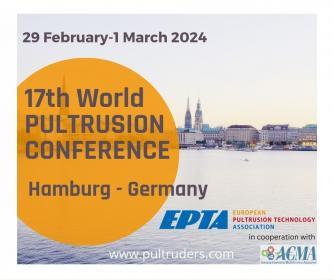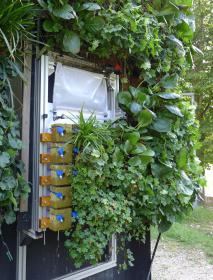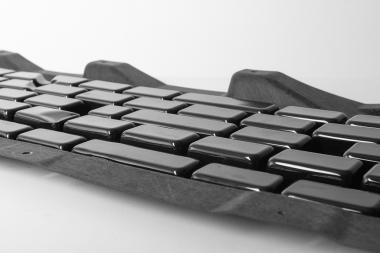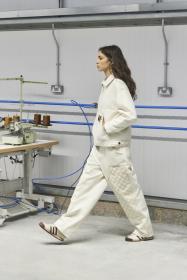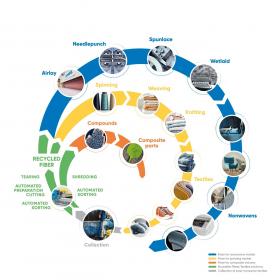Fashion for Good partners join forces with fastfeetgrinded for circular footwear
Fashion for Good launches new pilot with brand partners adidas, Inditex, Target and Zalando, and footwear recycling innovator FastFeetGrinded to test and validate the innovative footwear recycling process to support the uptake of recycled content in footwear, driving the change towards a more circular footwear industry.
Globally, 24 billion shoes are added to the market each year*, and a staggering 90% of shoes are either landfilled or incinerated*. To tackle this challenge, Fashion for Good has launched a new pilot with partners adidas, Inditex, Target and Zalando, in collaboration with innovator FastFeetGrinded, aiming to test and validate the footwear recycling process and support the uptake of recycled materials in footwear. FastFeetGrinded possesses the unique capability to deconstruct any type of pre- and post-consumer shoe, breaking it down into its macro-components. These macro-components are then subsequently grinded down into smaller high purity granulates which FastFeetGrinded may use to create material streams for repurposed use.
Through this collaborative pilot, the partners will divert pre- and post-consumer footwear to FastFeetGrinded, who will transform them into various new material granulates. The next step involves FastFeetGrinded’s network of supply chain partners, who will produce output products, such as outsoles, midsoles, and flip flops. The brands will closely evaluate the products’ quality and purity, aiming to showcase the potential of FastFeetGrinded's footwear recycling technology and pave the way for scalable solutions.
*World Footwear Yearbook (2020). Footwear production with a new record of 24.3 billion pairs.
*Vivobarefoot. 22 billion pairs of shoes are dumped into landfill each year. It’s time for change.
*WRAP (2019) Valuing our Clothes.
*Material Innovation Initiative (2021). 2021 State of the Industry Report: Next-Gen Materials.
Fashion for Good





